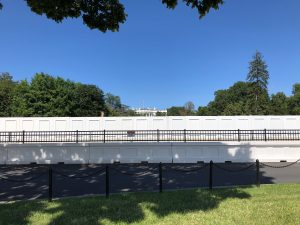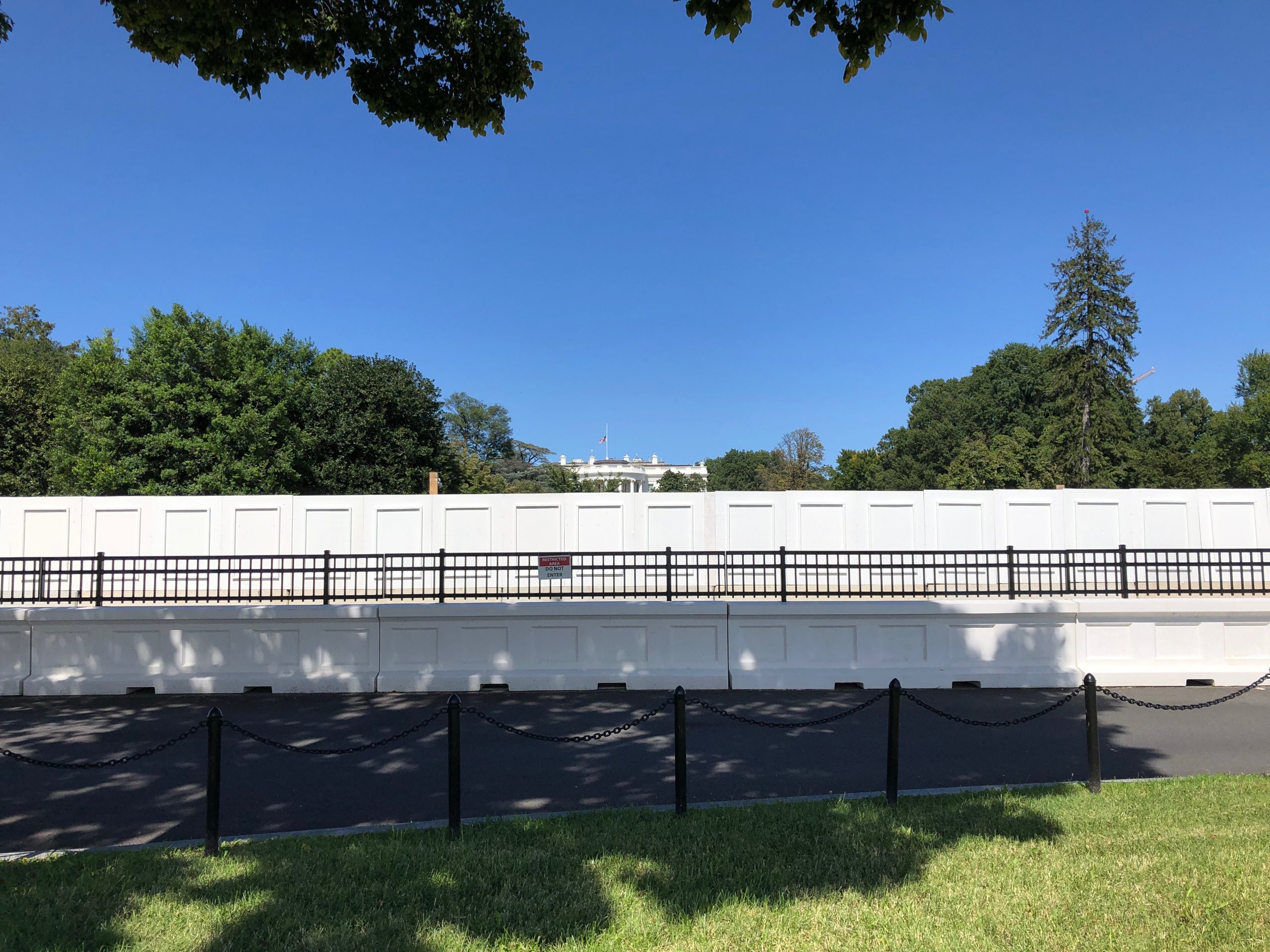For months, there has only been one major topic in politics: the 2020 presidential election. Continuing the honored practice started over 200 years ago, millions of Americans went to the polls on November 3 and cast their vote for the candidate they want to be the next president. Then they go home, wait for the results to come in and celebrate or despair at the outcome.

For most Americans, the next time they’ll tune in to a political event is on January 20: Inauguration Day. But what happens in the 78 days between Election Day and Inauguration Day? Here are a few explanations and answers to questions about how an American presidential election works, as well as some voting experiences and concerns from Concordia students.
Q: Why is the period between Election Day and Inauguration Day so long? What are the candidates and election officials doing during that time?
A: During this time period, which will be November 3 to January 20 this year, there are a number of key dates and events. Votes will continue to be counted after Election Day, so final results will likely not be in until days or even weeks after Nov. 3. The Biden campaign will work to create a transition team to make the move into the White House as smooth as possible if they win, and historically, the incumbent administration will work with the incoming team. On December 14, the electors in each state will meet to vote and, most often, cast their state’s electoral votes for the candidate that won that state. In the first week of January, the new Congress will convene to count the electoral votes and declare a winner, although the public will have known the winner by that time. Then, on January 20, the president-elect will be sworn in.
Q: What are electors, and why are they important in U.S. elections?
A: Electors are American citizens selected by their respective states to cast the electoral votes from that state for a presidential candidate. Potential electors are chosen by the political parties prior to Election Day, and after the voting results come in, electors are selected based on which candidate received the most votes in that state; the winning political party’s electors become the electors for their state. They then cast the state’s electoral votes for the candidate that won that state.
Q: Who administers elections?
A: Elections are run by state and local governments in the U.S. The federal government provides funds for election administration, but the real machinery of the process is run at the lower levels. As a result, states have different rules surrounding voting; examples of these include different dates that mail-in ballots could be accepted by, laws about who can and can’t apply for a mail-in ballot, and more.
For many students, the first year of college also comes with another first: voting in a national election. 2020 will be the first presidential election for a majority of students on campus, and the voting is already underway.
Kalli Cummings, a nursing major at Concordia who considers herself politically engaged, voted in Minnesota for the first time.
“I thought it was pretty simple,” Cummings said, who applied for an absentee ballot online and sent her vote in a couple of weeks ago. “There was clear-cut information available on how to vote correctly for it to be counted,” she said, citing the website of the Minnesota Secretary of State, which offers information on everything you need to know about how to vote in Minnesota.
That opinion was echoed by Alex Hernandez, a political science major that voted absentee in Florida, who said the process is “pretty straightforward. I requested a mail-in ballot, my parents mailed it up to me here, I mailed it back and they let you know when it’s been counted so I know that my ballot has been counted already.”
While the process for the individual voter seems to be smooth, many in the political realm have expressed concern about the potential risks and uncertainty surrounding this election. Katelyn Lundeen, a political science major who considers herself to be well-informed of both international and domestic politics, said that one of her concerns came directly from the White House.
“You hear Donald Trump hinting at things that would make you think that he’s not willing to peacefully transition and that’s scary,” said Lundeen, a sentiment expressed by all of the students interviewed for this article. Another common concern was the potential for foreign involvement in the election process and in the realm of social media through advertisements, bots and posts.
An engaged and informed citizenry is key to a healthy and functioning democracy. In order to be the best citizen you can be, make sure to educate yourself about how our democracy functions, and then get involved in organizations and the process itself. And always make sure to vote.

